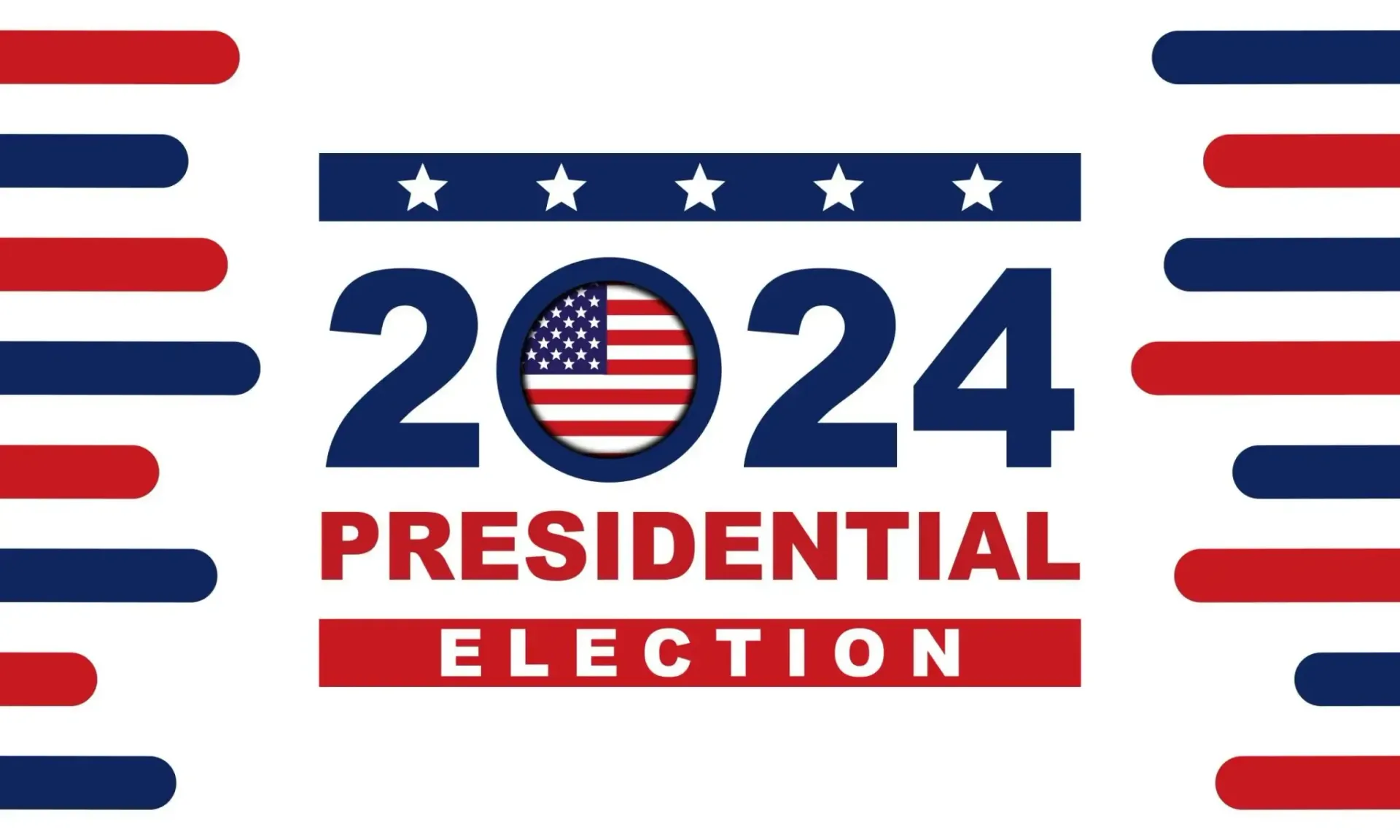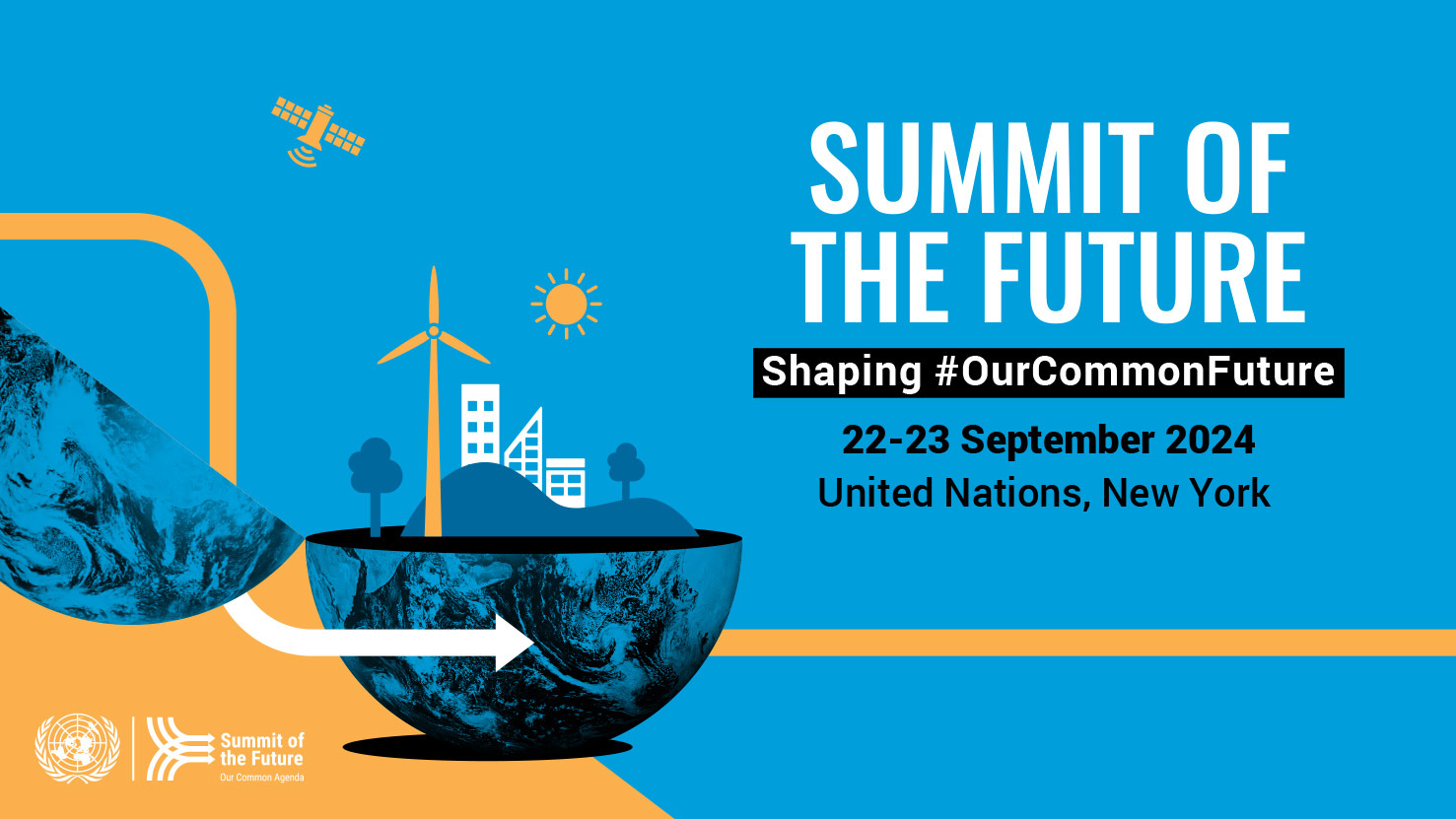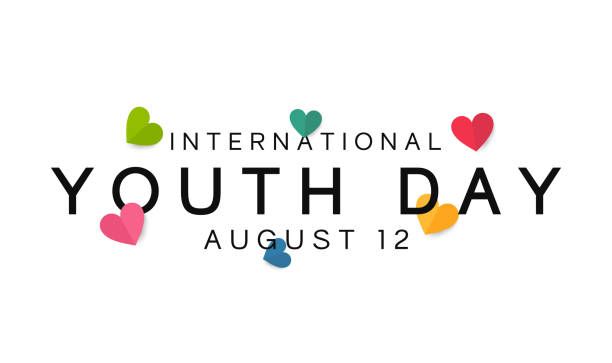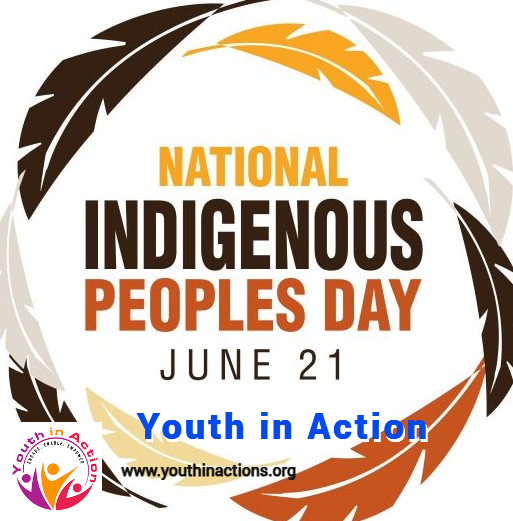Youth-Led Reconciliation
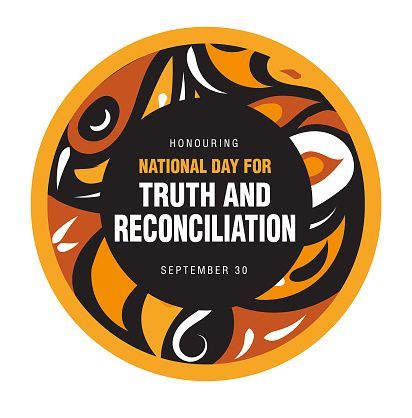
For young people to truly believe in reconciliation, the government must take concrete and meaningful actions to enhance the lives of Indigenous Peoples.
On this Truth and Reconciliation Day, we face the painful truth of residential schools and their enduring effects on Indigenous communities. For Canada’s 7 million youth, this day is more than just reflection—it's a call to action.
Reconciliation is not about finishing a checklist; it’s a long-term commitment to recognizing and addressing both historic and ongoing injustices. Significant changes are still needed to undo the harms of racism and colonialism that linger in Canada.
Youth in Action holds the firm belief that reconciliation and decolonization are responsibilities shared by all Canadians. Our collective efforts must be grounded in Indigenous experiences and sustained through everyday actions. This isn’t just an Indigenous issue—it concerns us all. Miguel de Cervantes’ words, “The worst reconciliation is better than the best divorce,” remind us that the pursuit of unity, however difficult, is always worth the effort. This sentiment underscores the need to stay committed to reconciliation, even when the road is hard.
We wholeheartedly support the Truth and Reconciliation Commission's (TRC) Call to Action #66, which asks the federal government to provide long-term funding for youth organizations to lead reconciliation efforts. It also promotes building a national network to exchange ideas and best practices. At Youth in Action, we are dedicated to helping create a future of healing, mutual respect, and understanding.
Many young Canadians feel disillusioned by the slow pace of government progress on reconciliation. The failure to meet past promises has led to mistrust. If young people are to believe in reconciliation, the government must take real, tangible steps to improve the lives of Indigenous Peoples. Youth want to see a plan that is both measurable and meaningful, with
Indigenous communities actively involved in shaping these solutions.
Education is the cornerstone of reconciliation. Incorporating Indigenous knowledge into school curriculums can help raise a generation that understands and respects Indigenous cultures. Schools and communities should work together to create spaces where Indigenous and non-Indigenous youth can connect, share, and learn from each other. Young Canadians have the potential to drive real change. Their energy and ideas can help build bridges and close the divide that has long separated Indigenous and non-Indigenous communities.
As we reflect on Truth and Reconciliation Day, we recognize how much work still lies ahead. Reconciliation is an ongoing journey that requires the dedication of all Canadians, with youth leading the charge. By supporting young leaders and empowering their initiatives, we can move closer to a future where all Canadians, Indigenous and non-Indigenous, can thrive together in harmony.
As we honor those lost to residential schools and stand with the survivors, let us remember that reconciliation, no matter how challenging, is always preferable to continued division and estrangement. Together, we must work toward healing, understanding, and a just future for everyone.

